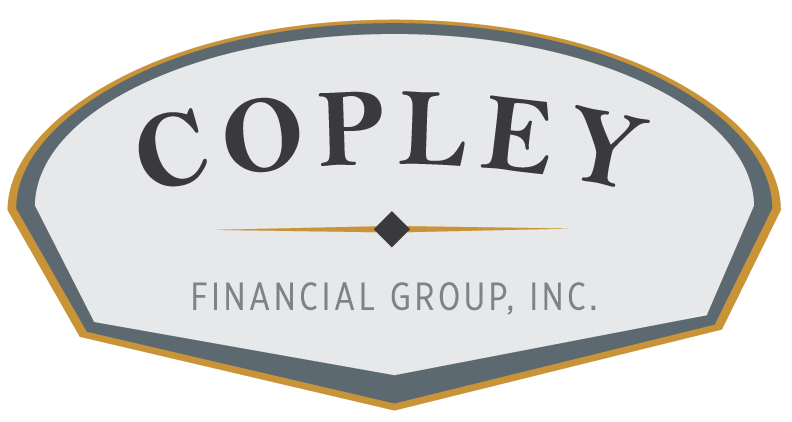1031 Exchange Vs. Opportunity Zone
Imagine you're at a crossroads in your financial journey, contemplating two different paths for building wealth. On one side, the well-established route of 1031 exchanges offers a familiar approach with the advantage of deferring taxes. On the other side, the enticing route of opportunity zones presents the possibility of tax-free growth. As you ponder your options, the question arises: Which path will provide the best combination of high returns and minimal taxes?
First, let's understand what is each one of them:
1031 Exchange
A 1031 exchange, named after Section 1031 of the Internal Revenue Code, has been a staple of real estate investing for nearly a century. It allows investors to defer capital gains taxes by reinvesting the proceeds from selling one investment property into the purchase of another property of "like-kind."
Opportunity Zones
Established by the Tax Cuts and Jobs Act of 2017, opportunity zones are specially designated areas that benefit from development and job creation. Investors can channel their capital gains into new ventures or businesses in these zones. The incentive? Deferred and potentially reduced taxes on the initial investment, with the possibility of tax-free gains on the new investment if held for at least 10 years.
So, which option is more advantageous for you? Let's explore three key aspects:
Tax Benefits
1031 Exchange: The primary advantage is tax deferral. You can postpone paying taxes indefinitely, potentially even passing the deferred tax obligation to your heirs. This strategy is akin to saying, "I'll handle it tomorrow," but procrastination could pay off in this case.
Opportunity Zone: While you also get tax deferral on initial gains until 2026, the true benefit comes after a decade. If you hold your investment in an opportunity zone for at least 10 years, any gains on that investment are entirely tax-free.
Investment Potential
1031 Exchange: These exchanges allow you to reinvest your entire capital, including any gains, into a new property. It's similar to trading up in the real estate market, aiming for greater returns rather than a larger home.
Opportunity Zone: You can only invest the gains (not the entire proceeds) from a sale. However, the potential for significant growth in emerging areas could lead to high rewards. It's akin to supporting an underdog — there's more risk involved, but the rewards could be substantial.
Timing and Deadlines
1031 Exchange: These exchanges come with stringent deadlines. You have 45 days to identify potential replacement properties and 180 days to finalize the purchase. It's a high-pressure scenario where meeting the deadlines ensures tax deferral, while missing them could result in a large tax bill.
Opportunity Zone: You have 180 days to invest your gains in a qualified opportunity fund, but there's a catch: the clock is ticking on the program's availability. As of 2024, the initial wave of investments made in 2014 is nearing its 10-year mark, and investors are closely monitoring outcomes. Additionally, it's uncertain whether new investments will be possible after 2026, though this remains a future concern.
So which one is better for you? Well, there isn't a definitive answer. Understanding your options and working with knowledgeable professionals can help you navigate the complex landscape of tax-advantaged investments. Real estate investment involves strategic planning, timing, and finding opportunities where others may only see risks.

